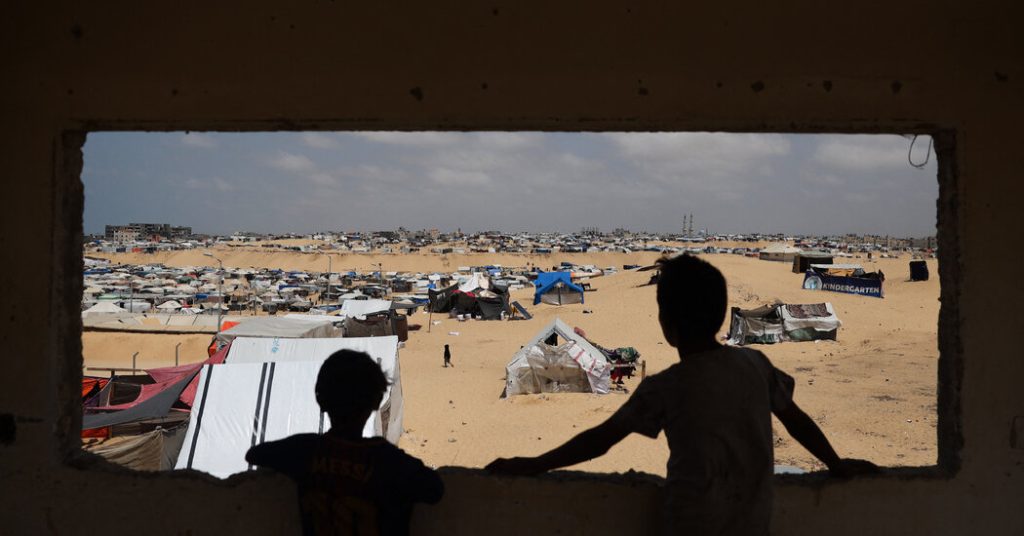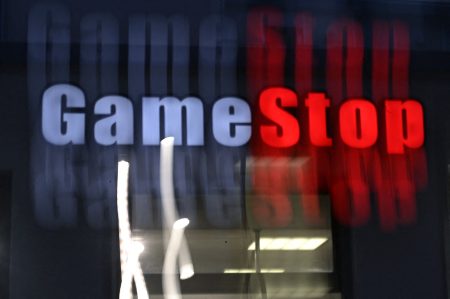As international diplomats work to secure a cease-fire in the Gaza Strip, Israeli officials are facing the dilemma of whether to proceed with a ground invasion of Rafah, which is Hamas’s last stronghold in the enclave. They have indicated their intention to move into Rafah, but are willing to hold off if it means securing the release of Israeli hostages taken by Hamas. The priority for Secretary of State Antony J. Blinken is to negotiate a cease-fire deal that includes the release of all hostages, with the goal of improving aid access in Gaza.
There is growing international pressure on Israel, including from the United States, to avoid invading Rafah, where more than a million Palestinians are already displaced and living in dire conditions. Israeli and foreign officials believe that the International Criminal Court may issue arrest warrants for senior Israeli government officials and leaders from Hamas in connection with the conflict. President Biden has reiterated his position on a cease-fire in recent discussions with Israeli Prime Minister Benjamin Netanyahu. The flow of humanitarian aid to Gaza has increased, but more is needed.
The Israeli military has begun calling up reserve soldiers for a potential operation in Rafah, and preparations for evacuating civilians are underway. Israel is using the threat of an imminent military action to pressure Hamas into a hostage deal, emphasizing that an agreement must be reached soon. Negotiations for a cease-fire have stalled as the death toll in Gaza continues to rise, with over 34,000 people now reported killed. Blinken’s trip to the Middle East includes meetings with key stakeholders like Egypt and Qatar, who are involved in the hostage and cease-fire negotiations.
Egypt is proposing a two-phase hostage deal that would initially focus on releasing vulnerable hostages in exchange for a temporary cease-fire and the release of Palestinian prisoners held by Israel. This humanitarian deal could open the door for further negotiations to secure the release of all remaining hostages. Hamas and Qatari mediators are working to engage the Israeli public directly, potentially applying pressure on the government to reach a deal. Recent propaganda videos and public statements from Qatar suggest frustrations with the lack of progress in negotiations between Israel and Hamas.
The situation in Rafah presents a complex dilemma for Israel, as capturing the area could impact the ongoing conflict with Hamas. A ground invasion might compel Hamas leaders in Rafah to release hostages, but could also provoke further resistance. Despite the dismantling of many Hamas battalions, the leadership remains largely intact. The outcome of a potential invasion is uncertain, and analysts are divided on the best strategic approach. As discussions continue at an international level, efforts are being made to find a peaceful resolution that addresses the humanitarian crisis in Gaza while working towards a lasting cease-fire agreement.















